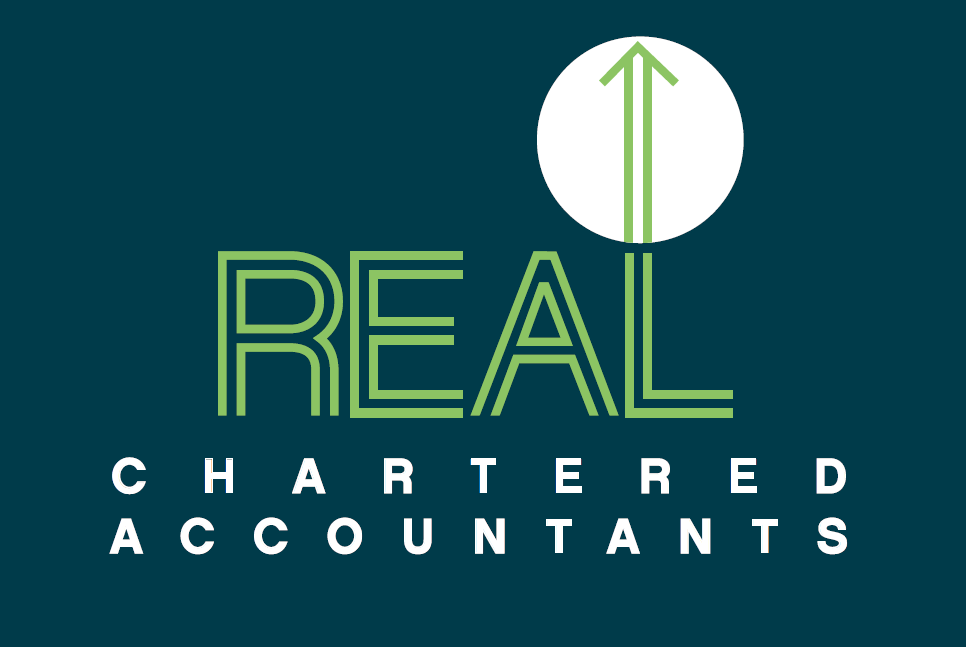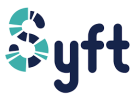NEWS
GST & Houses

Houses and GST can be a complicated and misunderstood area. It is important to understand when a house comes into and exits the GST net and what and when GST adjustments need to be made.
Exempt supply – a supply of accommodation in any dwelling be it hire, serviced occupancy agreement or license to occupy is exempt from GST. It is important to understand the definition of a Dwelling. A dwelling is a place a person occupies as their main residence. This excludes commercial dwellings and a person can only have one main residence.
The person that occupies a dwelling as a main residence does not need to be the owner. For an example, a residential rental rented long term by a tenant is a Dwelling so it is an Exempt Supply. A house used as Airbnb accommodation is not occupied as a person’s main residence nor is a beach house on Book a Bach. These are not considered to be Dwellings and are therefore not exempt from GST.
To determine whether your accommodation is a Dwelling and therefore exempt from GST, you need to assess if the person occupying the accommodation uses it as their main residence. For example, you may have a furnished apartment rented on a 12-month contract. The tenant may be renting it for business purposes and lives there from Monday to Friday and goes home to immediate family during the weekend. The tenant’s personal property is not at the apartment and he/she basically uses it as a place to sleep while on business. This apartment would not be considered a dwelling and can be caught in the GST net.
So now that you have determined that your property is not an exempt supply, what next? If the income received from Air bnb or Book a Bach is over $60,000 (GST threshold), then you are required to register for GST. If you, as the owner of the property, are already GST-registered for another business, you are also then required to return GST on your income from your property.In other words, the $60,000 GST threshold applies to your total income.
There is a common misconception that if GST is not claimed on the property, no GST is payable on the income and any subsequent sale proceeds. This is incorrect. At the point that your property falling under GST net (or preferably before), it is vital that you seek some tax advice in order to have your affairs set up correctly so as to avoid unexpected GST liabilities.
To keep property out of the GST net, keep your total turnover under $60,00. Watch out for any other sources of taxable income as this must be included in your total turnover. It is advisable not acquire property within an existing GST registered entity. For example, you may have a Trust that owns a commercial property and is GST registered, you then purchase a holiday home to list on Book a Bach.If you purchase that property in the Trust, it is now caught in the GST net. If you know the income from that bach will be less than $60,000, purchase that holiday home under a different entity.
If you are purchasing a property make sure the contract is GST (if any) inclusive. The GST box on the sale and purchase agreement must be completed correctly and is the first thing you should look at.
Mixed used properties: It is common for properties to have both a supply of personal place of residence (a Dwelling) and other property. For example, a commercial building with residential on top or a farm with multiple houses on it. In this instance there is deemed to be 2 supplies. Normally the dwelling is exempt from GST and the commercial part is zero-rated for GST. Schedule 2 of the sale and purchase agreement should state any residential components. If nothing is completed the whole property is subject to GST.
Houses and GST can get complicated so if you are unsure of your situation or have questions, please contact your client manager at REAL Chartered Accountants. It is better to consider your options and have proper plans in place before your property is captured in the GST net.
Disclaimer
This information is intended to provide general advice only. We recommend you discuss your specific situation with your Accountant.









